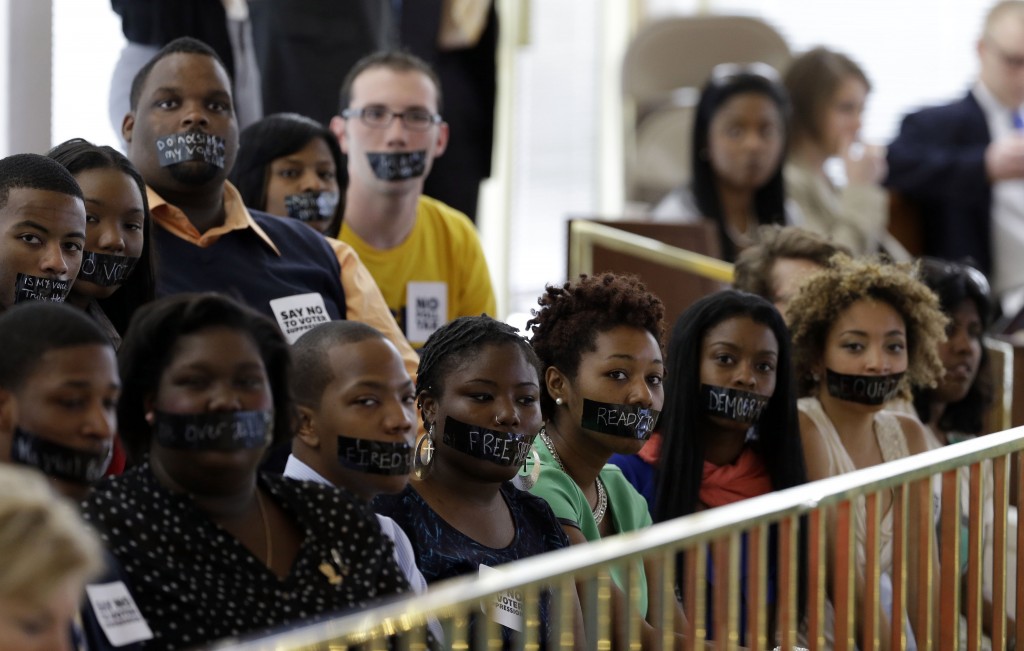North Carolina’s controversial voter identification law was used for the first time in the March 1 primary, and registered voters are experiencing the consequences of the voter suppression measure.
 About 218,000 North Carolinians, roughly five percent of registered voters, do not have an acceptable form of government-issued ID that is now required under state law to cast a ballot.
About 218,000 North Carolinians, roughly five percent of registered voters, do not have an acceptable form of government-issued ID that is now required under state law to cast a ballot.
Early voting offered a glimpse of the problems that will arise on Tuesday — during the past ten days of early voting, many college students were blocked from the polls. North Carolina’s WRAL reported that 864 people across the state had cast provisional early ballots because they did not have acceptable forms of ID, and four of the five counties with the highest concentrations of provisional ballots from voters without ID were in places with college campuses.
Bob Hall, the executive director of Democracy North Carolina, told ThinkProgress that the voter protection hotline is receiving many calls, “disproportionately from young people and students,” who are being told they do not have acceptable ID, so they have to “go through the maze of filling out forms” and provisional ballots. Those ballots run the risk of being challenged and not being counted.
